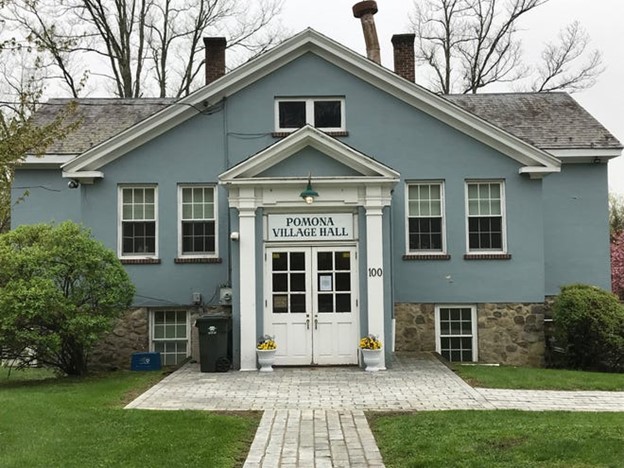Foil: Your right to Know.

“A federal appeals panel rejected considering a rabbinical college’s request to void two Pomona zoning laws prior to submitting its plans to build an educational campus with housing.
The court of appeals decision is the latest volley in a nearly 15-year battle by Congregation Rabbinical College of Tartikov to build multiple buildings and dormitories within 130 wooded acres along the Route 202-306 corridor.
Pomona officials took the appeals panel’s decision as a victory for its sovereignty and a rejection of what they view as Tartikov’s attempt to force land-use approvals without submitting plans for development.
Court decision: Federal appeals panel rejects Tartikov zoning arguments, supports Pomona
Legal costs: Pomona creates plan pay Tartikov $2.5 million in legal costs over 13-year legal action
The decision also means the acreage remains pristine for the time being. The area being considered is across from a dormant plan to build 474 housing units on the former Patrick Farm.
Pomona’s attorney Brian Nugent said, “Tartikov has been suing the Village of Pomona for almost 15 years without ever filing a single land-use application. At this point, Tartikov is merely engaged in ‘Groundhog Day’ litigation where they keep filing the same legal claims and hoping for a different result. Once again, that approach has failed for Tartikov.”
Tartikov’s local attorney, Joseph Churgin of Nanuet, didn’t respond to a request for comment on the decision and Tartikov’s next move in litigation.
The U.S, Court of Appeals for the Second Circuit upheld a judge’s decision turning down Tartikov’s claims that two village zoning laws were discriminatory and restrictive. Three of the panel’s circuit court judges issued their ruling on May 27.
Tartikov claims Pomona’s zoning is discriminatory under the U.S. Constitution and New York Constitution, as well as under the Religious Land Use and Institutionalized Persons Act and the Fair Housing Act.
The federal courts responded that Tartikov needs to prove it in a case that’s seen peaks and valleys for both sides since 2007.
Zoning amendments argued
Tartikov wants to build a rabbinical college and challenged Pomona’s zoning laws as discriminatory without submitting development plans or going before land-use boards.
The U.S. Supreme Court — which can rule on RLUIPA cases — declined to hear an appeal, at one point.
Karas ruled Pomona must pay Tartikov $2.5 million in legal fees and court costs. Tartikov sought more than $5 million. The village paid more than $1 million previously to defend against the legal actions.
The current appeals decision resulted from Karas finding in 2017 that four zoning amendments adopted after the village learned of Tartikov’s plans were tainted by animus against Hasidic and Orthodox Jews. The appeals court overruled Karas on two of the zoning laws.
Tartikov asked Karas to reconsider his decision and void village zoning. Pomona appealed, arguing Karas’ “finding of religious animus was clearly erroneous.” In a statement, the Pomona trustees said they were “pleased with the outcome in this case. It is unfortunate that the taxpayers of the village must be burdened with this meritless litigation, but we are thankful that the federal courts have once again confirmed that there is absolutely no merit to Tartikov’s claims and that the village acted properly.”
Read the complete Journal News coverage here.





